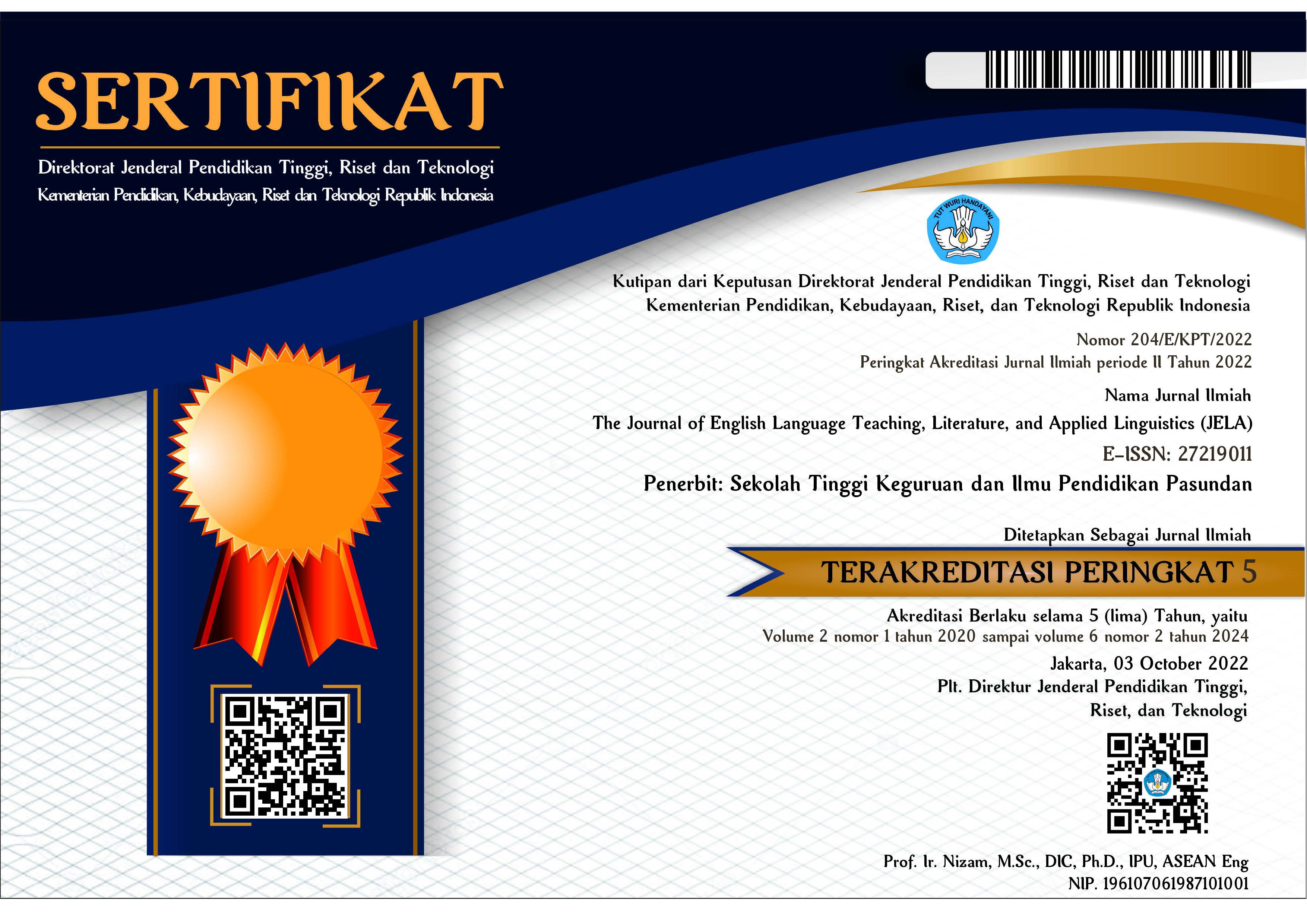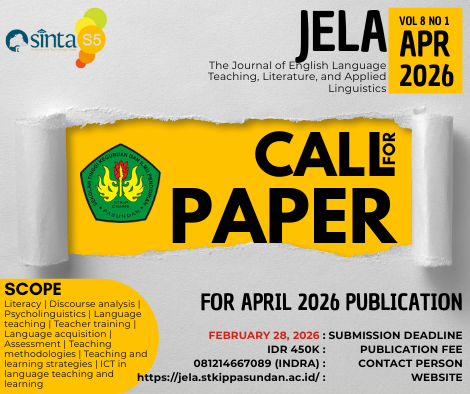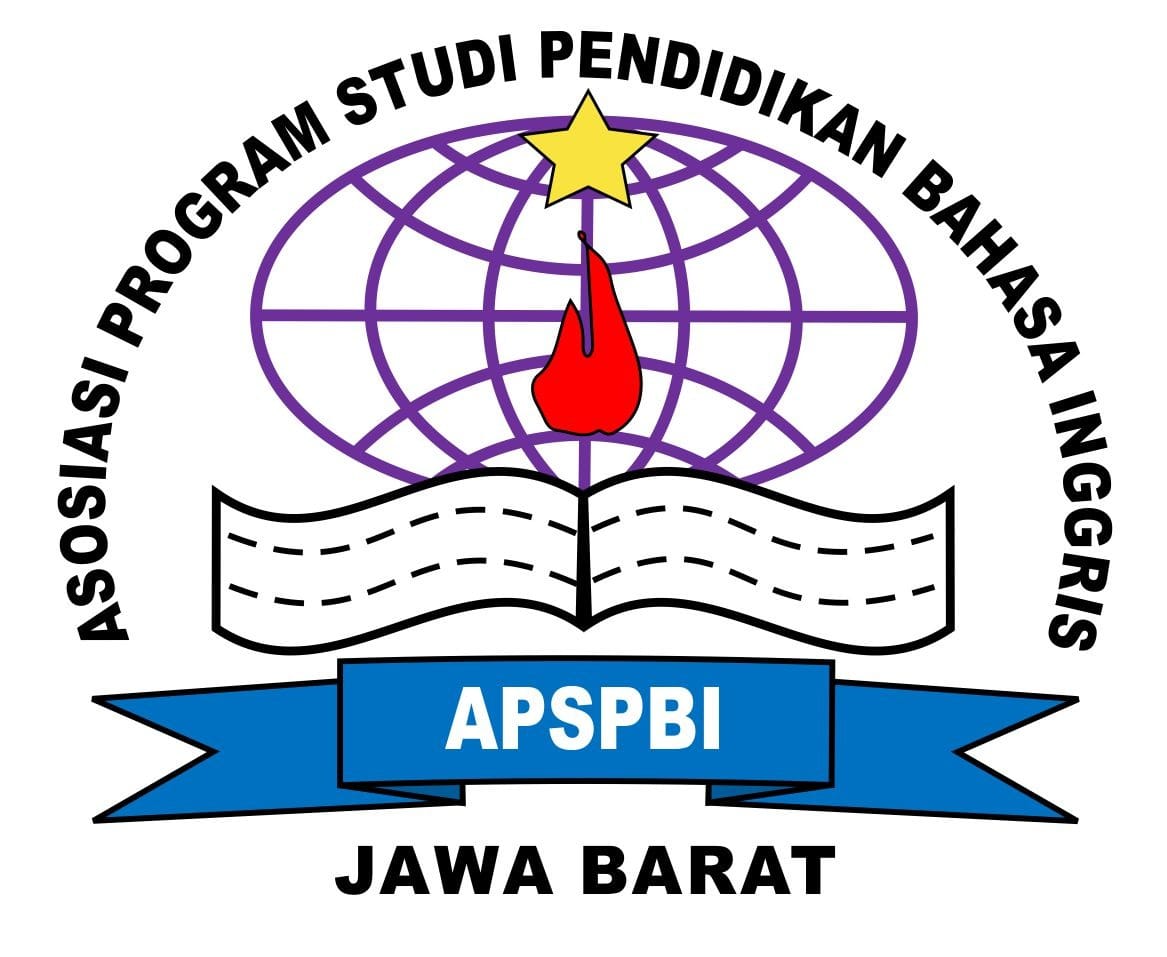SPEAKING IN TWO TONGUES: A NARRATIVE INQUIRY ON BILINGUAL EXPERIENCE
DOI:
https://doi.org/10.37742/jela.v6i1.114Keywords:
bilingualism, narrative inquiry, lived experienceAbstract
The Philippines comprises 7, 641 islands and with it, an approximately 170 languages spoken by almost 104 million Filipinos. Because of this, Filipinos are naturally bi/multilingual. Bilingualism is also a widely studied topic in the field of language education. In this study, however, a narrative inquiry is used to determine the advantages, disadvantages, strategies and views of the subject towards bilingualism. The subject’s life narrative being bilingual was written based on the result of the interview and an unstructured questionnaire. From the data, codes were extracted and were discussed in the paper. The experience of the participant is a mirror of the linguistic experience of Filipinos where children acquire their mother tongue used in their communities. Then at a very young age, they also learn another language, almost always Filipino because this is what is used in Philippine schools. A conscious effort is then used to learn English, the second language of the country. Other languages learned are either for personal or practical reasons. It is indeed very difficult for the general public to get by without knowing English these days.










